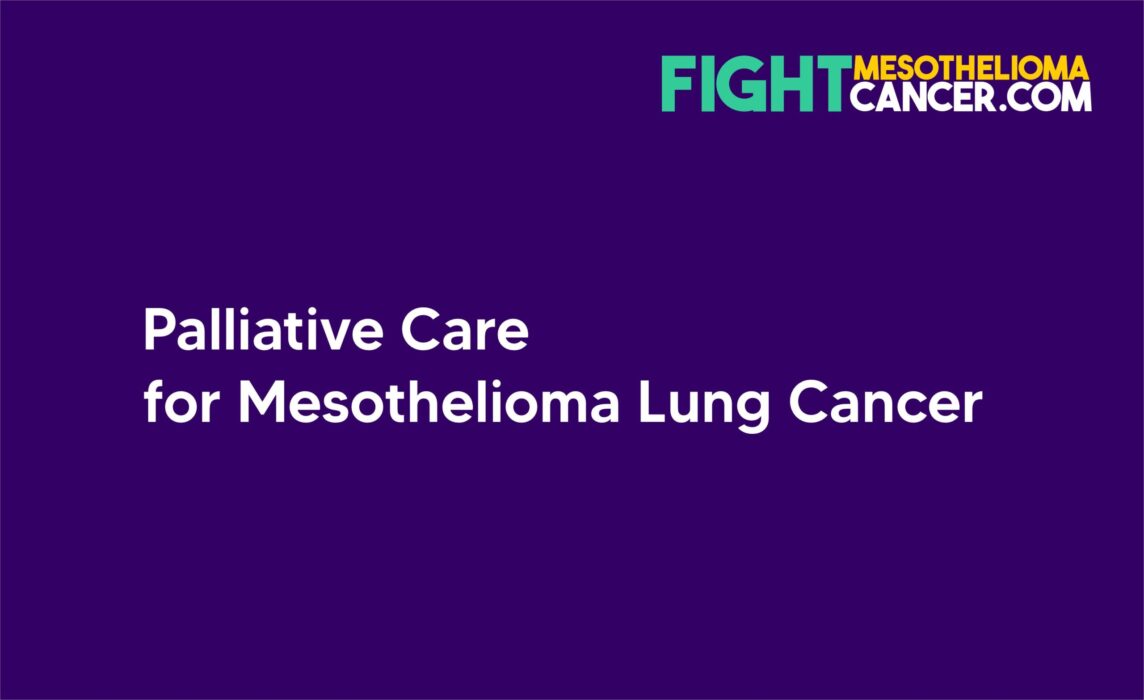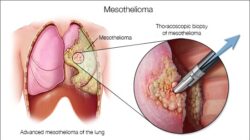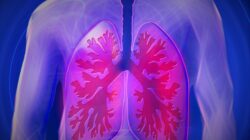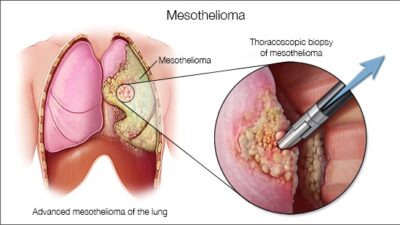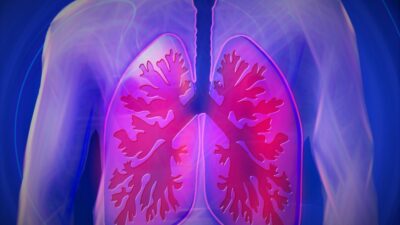Palliative care is a specialized type of caregiving where the pains and sufferings created from the symptoms of mesothelioma are reduced.
The purpose of palliative care is to make the life of the mesothelioma sufferer as pain free and comfortable as possible. Palliative care does not prolong human life but rather eases it from suffering. The image on the left summarize what palliative care is for:
- To affirm life
- To promote quality of life
- To treat the patient
- To support patient, family and friends
Here is a list of common symptoms eased through palliative care:
- Skin problems
- Loss of appetite
- Dry mouth
- Fatigue
- Gastrointestinal (stomach) problems
- Anxiety/depression
- Pain
- Shortness of breath
1. Pain Management
Pain management is one of the most important aspects of palliative care, such that the alias for “palliative care” is “pain management.” Infact, some doctors even specialize only in the field of pain management, so if you want the best results, it is usually best to see a specialized pain management doctor.
Pain created through cancer can be reduced by taking medications provided by a Analgesic Ladder (produced by the World Health Organization).
Also known as pharmacological therapy, this procedure provides various levels of medication based on how severe the pain is.
Examples of medication provided include opioid pain relievers, adjuvant medications and topical treatments such as gel, cream or fluids.
Another group of pain management therapies is called Non-pharmacological therapies. These are therapies that do not supply medications, instead they offer exercises such as:
- Biofeedback therapy
- Distraction
- Deep breathing
- Muscle relaxation
- Meditation
The third group of pain management therapies is called Complementary and/or alternative approaches which include:
- Massage therapy
- Acupuncture (the image on the right shows acupuncture in progress where fine, sterilized needles are inserted into the parts of the body that are in pain).
2. Shortness of Breath
Shortness of breath is caused by lung cancer, fluid in the lungs, anemia, emotional feelings and anxiety. Also known as dyspnea, shortness of breath affects 20% – 80% of palliative care patients. Pharmacological therapy such as medicines can help cure these symptoms as well as increased oxygen, improved air circulation and relaxation techniques.
3. Fatigue
Fatigue from cancer is as a result of taking medications (pharmacological therapies) of treatments such as surgery, chemotherapy or radiation therapy. Fatigue is usually associated with these symptoms:
- Changes in mood or persistent irritation
- Tiredness
- Sleep disorders
- Apathy (no passion or excitement in life), exhaustion
- Lethargy (abnormal state of being dull and drowsy at all times)
- Lack of interest in activities and no motivation
- Lack of physical or intellectual performance
- Diminished energy levels
4. Dry Mouth
Dry mouth is another symptom treated in palliative care. Dry mouth causes depression, anxiety or dehydration. Also, taking medications such as antidepressants, pain relievers or tranquilizers may cause a dry mouth. Mesothelioma treatments such as radiation therapy, chemotherapy or surgery can also cause dry mouth. Dry mouth is treated by:
- Exposure to humid air
- Chewing sugarless gum
- Drinking plenty of fluids
- Maintain good oral hygiene
- Taking Vitamin C tablets
5. Loss of Appetite
Loss of appetite usually occurs to people with life-threatening cancer diseases. Excessive loss of weight is known as cachexia. Loss of appetite is caused by lack of nutrients in the body, poor absorption of good taken in, and changes in patient’s metabolism. Weight loss can be controlled by:
- Eating high protein or high calorie foods
- Eating frequent smaller meals
- Getting nutritional counseling
6. Gastrointestinal problems
Gastrointestinal problems occur as a result of the patient taking in pharmocological medicines & therapies that can cause side effects. Examples of Gastrointestinal problems include:
- Vomiting
- Nausea
- Diarrhea
- Constipation
7. Skin Problems
Skin problems are another common symptoms managed by palliative care. Examples of skin problems include:
- Ulcers
- Rashes
- Itching
- Sores
- Dryness
Here’s how to treat skin problems:
- Avoid rough laundry detergents and change your bed sheets & towels daily.
- Add baking soda to cool bathing water or apply a cool moist cloth to ithing areas
- Drink 8 – 10 glasses of water in a day
- Add baby or mineral oil to warm bath water.
- Apply moisturizers to itching areas
dr. Bulawan

